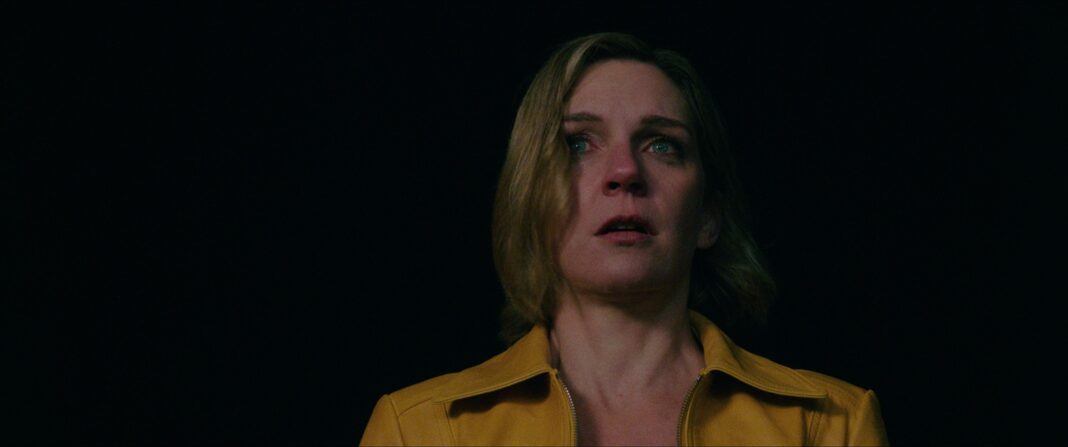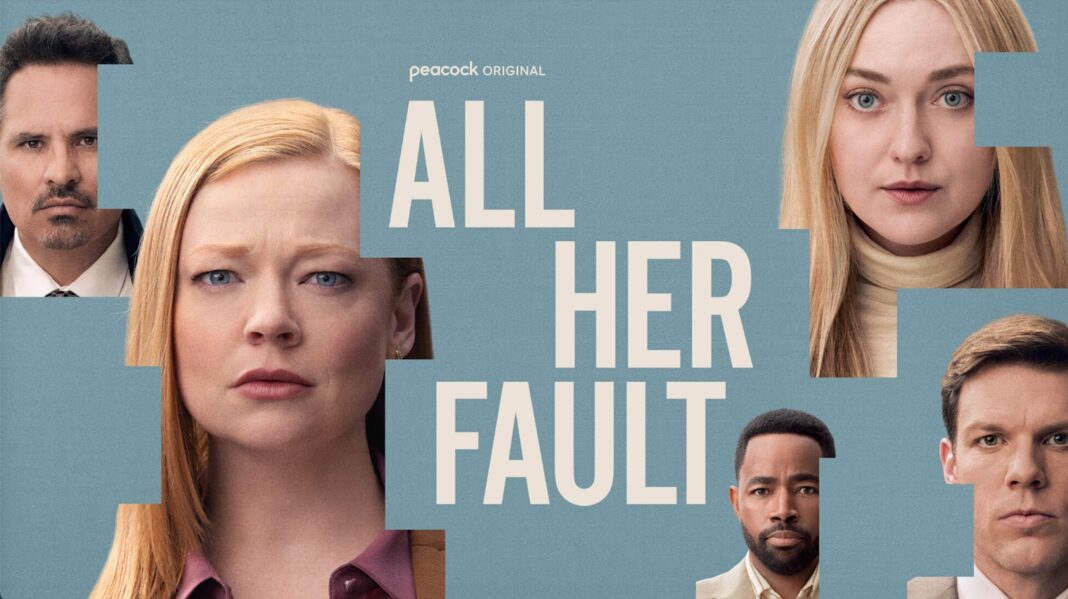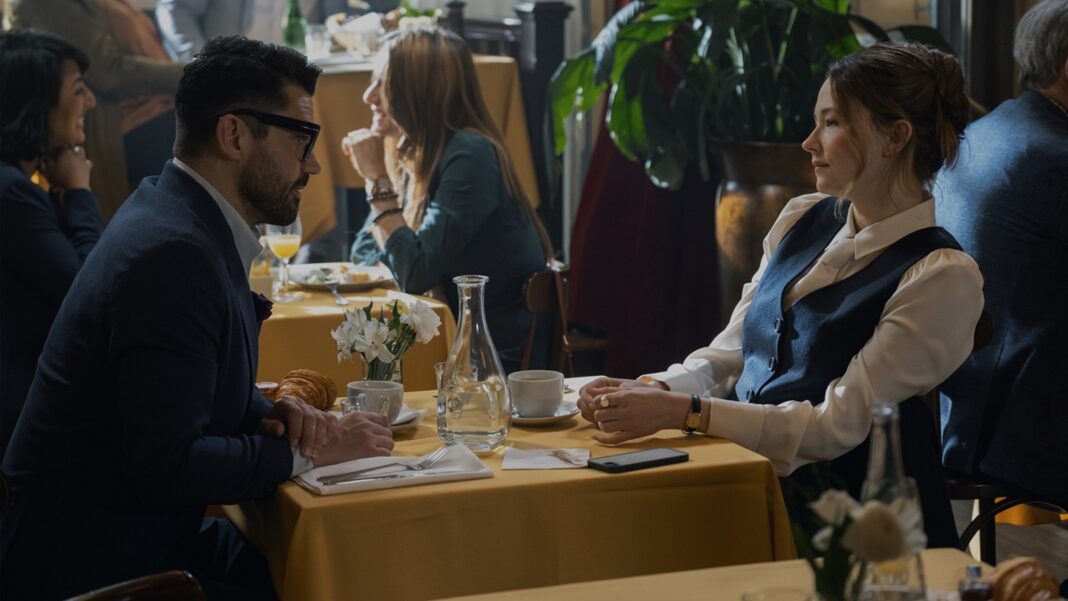Vince Gilligan is best known for creating one of the most acclaimed series of this century, Breaking Bad, and for doing it again with a prequel, Better Call Saul, that no one expected to be nearly as fantastic as it was. All that success can make it easy to forget that Gilligan first started on TV with The X-Files, which, while it may feel dated three decades later, remains a formative piece of science fiction that has influenced so much in the time since its premiere. Gilligan’s newest show, which reunites him with Better Call Saul star Rhea Seehorn, is a mesmerizing amalgam of extraterrestrial inspiration and what it means to be human.
Carol (Seehorn) is far from the most pleasant person. She’s an author whose romance books have done quite well, but she’s hardly prepared for an unexpected change in her circumstances or, more accurately, the circumstances of every human being on Earth. When nearly the entire population is phased into a hive mind, Carol finds herself as one of just twelve people who are mysteriously immune to this assimilation and retain autonomy. Every other person is linked and, while they’re very friendly about it, this collective consciousness is intent on figuring out why Carol and the others aren’t like them and fixing it.
The concept of losing individuality and becoming part of an alien entity that exists as one mind has been covered plentifully in past projects, most notably the Borg in Star Trek. This is a much starker and stranger take on the subject, with Carol being sent a “chaperone” who answers all of her questions, incorporating knowledge from each of her neighbors and anyone anywhere on the planet. They’re pleasant and helpful, and will go to great lengths to give Carol anything she wants, regardless of how grumpy and unkind she is in response, expressing over and over that she’s not buying whatever it is that they’re selling.
This show requires Seehorn to do an enormous amount of heavy lifting given that she’s typically either by herself or interacting with a new actor playing a random human who happens to be communicating with her on behalf of the entire human race collective. Seehorn, whose work in Better Call Saul is among the most exceptional across any series in recent years, knocks it out of the park here too, playing into the show’s logline that the “most miserable person on Earth must save the world from happiness.” She’s snarky, impatient, and downright rude at times, but wouldn’t we all be in similar circumstances?
There’s a formidable interaction of emptiness and sleekness in the design of this show, which is so intimate in how it follows Carol’s isolated journey but so grand in the way that many scenes feature numerous individuals all at the disposal of one human, ready to deliver whatever she desires. Filming in Albuquerque, New Mexico once again proves extraordinarily effective as a backdrop for Gilligan and Seehorn’s partnership, and its simplicity contrasts nicely with some of the more elegant scenery that serves as a setting for those who choose not to focus on saving humanity but instead indulging in the possibilities that a new world order has created for frivolous play.
This is the kind of show that could drag if there wasn’t sufficient material to keep it interesting or to fill the silent moments in between human (or really, alien) interactions. But those simply don’t exist thanks to sharp writing by Gilligan and an incredibly creative approach to each piece of this sweeping story, and Seehorn is the real pinch hitter, driving home the believability – and frustration – of this situation and how Carol is absolutely the last person who should be depended upon to go to bat for the last few individually-minded humans out there. This show is fresh, breathtaking, and exciting, a straightforward concept that, in execution, proves to be anything but, revealing new layers and ideas to be contemplated as it evolves.
Series Rating: 9/10




[…] This show is fresh, breathtaking, and exciting.— Abe Friedtanzer, Awards Buzz […]